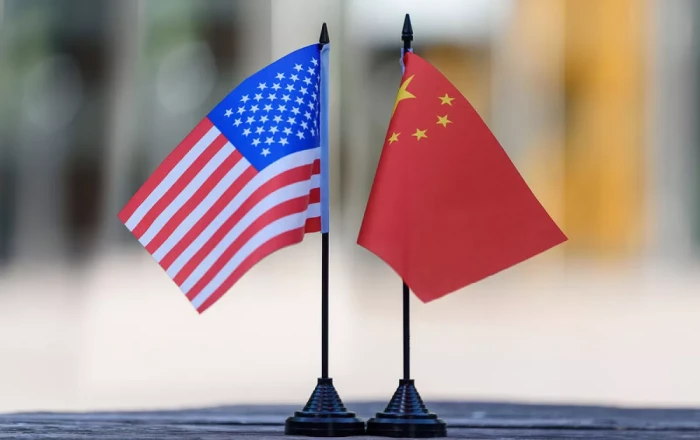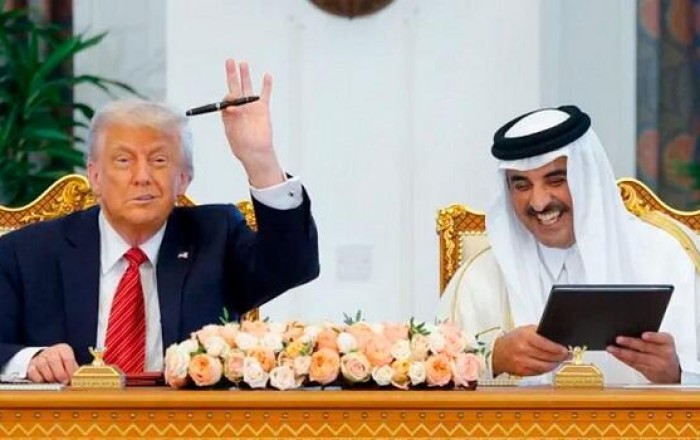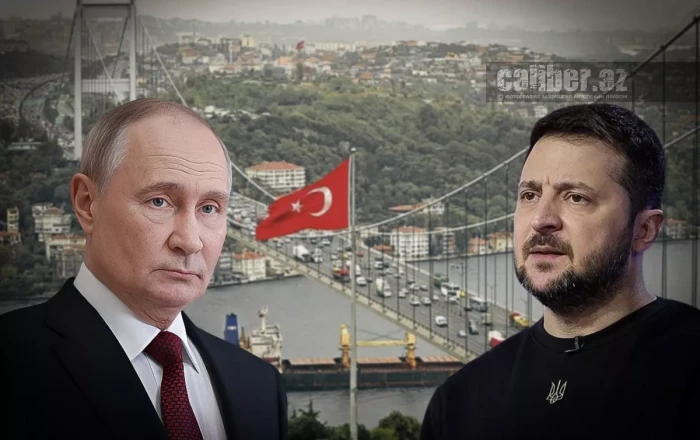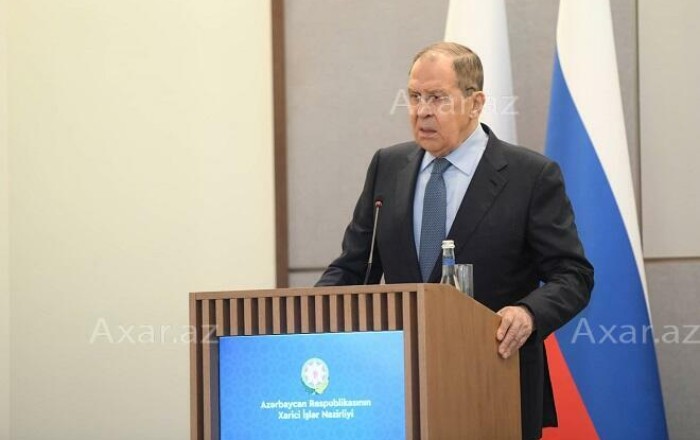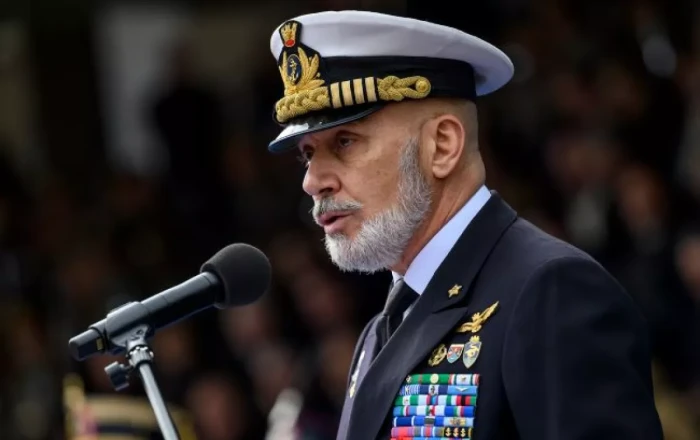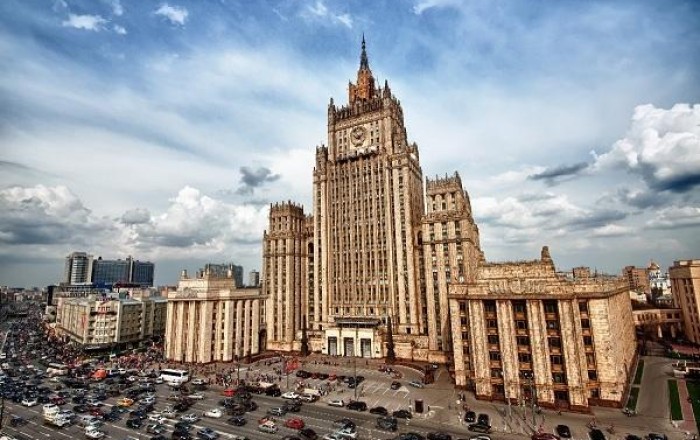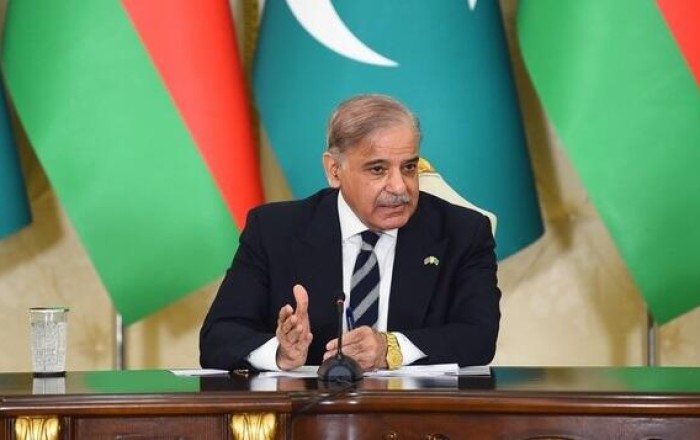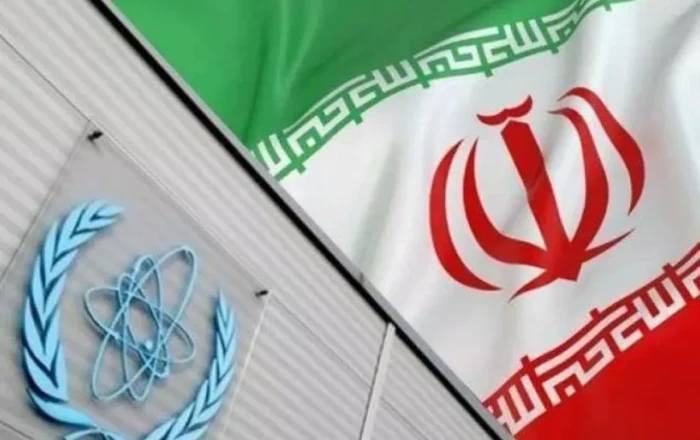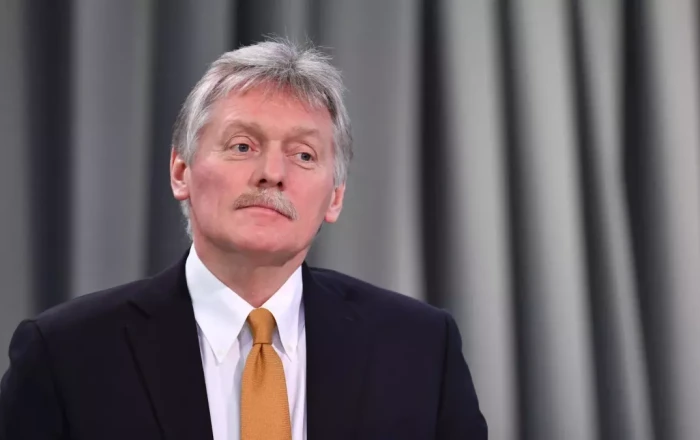U.S. President Donald Trump announced the lifting of sanctions on Syria. "I will be ordering the cessation of sanctions against Syria in order to give them a chance at greatness," Trump declared to applause and loud cheers during his speech in the capital of Saudi Arabia, Riyadh. "Oh, what I do for the crown prince!" he said, referring to Prince Mohammed bin Salman (MBS), the de facto ruler of the country. He also noted that the U.S. would lift all sanctions imposed on Syria.
This statement appears to be a significant diplomatic victory for Syria's new government, led by President Ahmed al-Sharaa, the leader of Hay'at Tahrir al-Sham (HTS). The U.S. sanctions, primarily the so-called Caesar Act, prohibited any international transactions with Syria and imposed secondary sanctions on its trade partners. Their removal means that a flow of money could flood into the country. The United Nations estimates that Syria needs $250 billion in investments for reconstruction after the 13-year-long civil war.
It is reported that Trump made this decision following persistent requests from key allies of Syria’s new government—Türkiye and Saudi Arabia. Both countries are interested in strengthening ties with Damascus after the fall of the pro-Iranian regime of Bashar al-Assad in December last year. Nature abhors a vacuum, and in this new reality, MBS and Turkish President Erdoğan see Syria as a zone of expanding influence.
In addition, Donald Trump held a personal meeting with Syrian President Ahmed al-Sharaa. The White House stated on May 13 that Trump had agreed to “welcome” al-Sharaa on May 14 during his visit to Saudi Arabia.
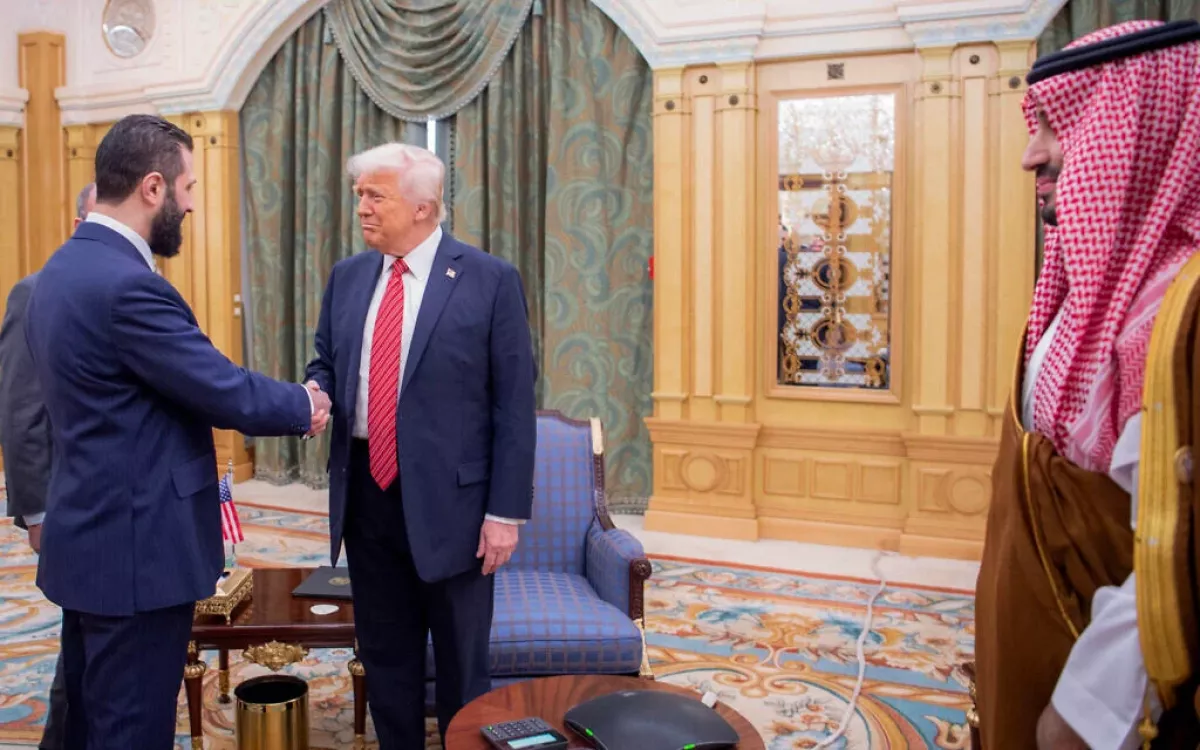
Even with the lifting of sanctions, securing large-scale investment will be a major challenge. Clashes between ethno-religious communities continue to flare up within the country. At the same time, Israeli Air Force jets are systematically bombing Syrian territory, targeting stockpiles of heavy weapons left over from the former Bashar al-Assad regime, air defence systems, and other military sites. As a result, al-Sharaa will have to negotiate with Israel.
The Syrian government is reportedly engaged in unofficial talks with Israel in the UAE, mediated by Emirati diplomats. This has been reported by several influential outlets, including Al-Monitor.
What do the Syrians want from Israel at this stage? That’s the question posed by veteran Israeli journalist Ben Caspit, who has close ties to the Israeli leadership. President al-Sharaa seeks an end to airstrikes, Israel’s withdrawal from strategic positions in southern Syria occupied by Israel—including Mount Hermon—and a “halt to Israeli activities that undermine efforts to stabilise and unify the country.”
And what do the Israelis want from the Syrians? Security guarantees for the Druze minority, a curbing of influence from Syria’s northern neighbour, Türkiye, and the demilitarisation of the area south of Damascus near the Israeli border.
However, al-Sharaa’s government has already fulfilled one of Israel’s key demands: it has expelled Iranian and pro-Iranian forces from territory along the Israeli border and from other parts of the country. Iran has long been regarded as Israel’s main adversary in the region.
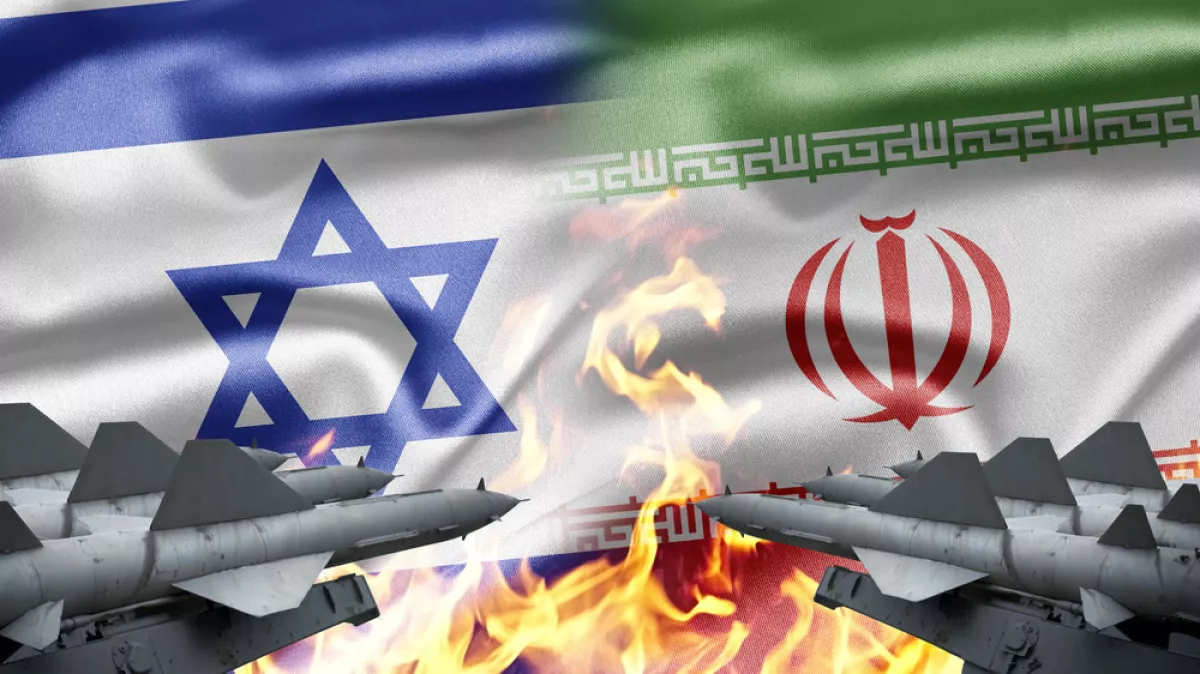
The Druze are a minority residing in both Syria and Israel. Israel is reportedly pushing for the division of Syrian territory into cantons—including a Druze one and several others—as a means of weakening the central government and thus extending its influence north of its borders.
However, Syrian President al-Sharaa appears to be a pragmatist and a shrewd politician. He has already stated that, in principle, he is prepared to consider an agreement recognising Israel in exchange for an end to the airstrikes and the de-occupation of southern Syria.
In addition, al-Sharaa is offering Trump a deal—the kind the U.S. president is known to love. He is prepared to grant Donald Trump—or more precisely, companies close to him—access to Syrian oil, contracts for Syria’s reconstruction, and has even promised the construction of a “Trump Tower” in Damascus. This move can be seen as a way to pique U.S. leadership’s interest and prompt Washington to pressure its ally, Israel, into halting its airstrikes on Syria.
What makes this all the more ironic is that Syria’s main oil reserves lie in areas not controlled by al-Sharaa, but by the Syrian Democratic Forces (SDF)—a Kurdish militia that holds roughly one-third of the country and does not answer to the government in Damascus. U.S. troops are also stationed in these regions and cooperate closely with the SDF. In other words, al-Sharaa is offering the Americans something they already effectively possess. What he can offer, however, is a green light—an official licence for U.S. companies to legally exploit Syria’s natural resources.
Source: caliber.az



